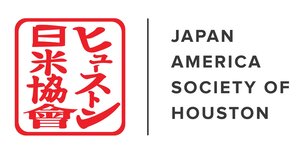WHAT IS TENUGUI?
Tenugui (te=hands; nugui=wipe) are traditional Japanese cotton towels that have been a staple of the Japanese home since the 9th century.
These multi-purpose cloths are used everyday as hand towels, dishcloths, and washcloths. They make great statement pieces as napkins, place mats, or table runners and are commonly worn as neckerchiefs or headbands. They hang elegantly on walls, providing beautiful decoration, and can serve as the perfect reusable gift wrap.
HOW ARE TENUGUI MADE?
Tenugui measure about 33cm (12-inches) wide by 90cm (35-inches) long in a rectangular shape. They are traditionally composed of 100% cotton and are hand-woven, hand-cut, and hand-dyed.
Delicate patterns and rich colors decorate the fabric using chusen or tenassen coloring techniques. Chusen is a coloring technique from the Meiji Period (1868-1912) that employs the use of stencil paper and a special color paste. Tenassen, which also has a long 120-year-old history, uses stencils to apply color on fabric one color at a time.
Given these unique processes, each tenugui is different, varying in both size and color.
--information courtesy of Wuhao NYC

